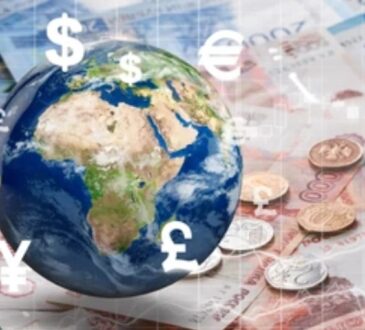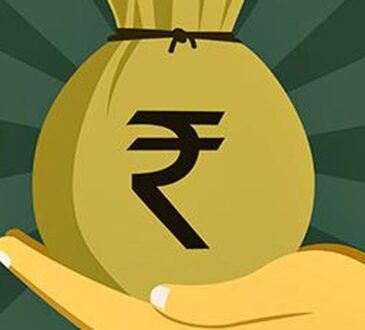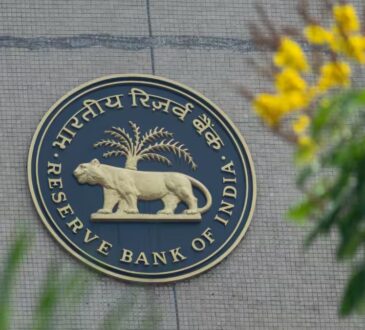[HONG KONG] Equities and oil plunged again on Wednesday after Donald Trump ramped up his trade war by hitting China with tariffs of more than 100 per cent as sweeping measures against the United States’ dozens of partners are set to come into effect.
After a brief respite Tuesday from the panic-selling at the start of the week, investors were once again scurrying for the hills amid fears that the US president’s hammer blow to global commerce will plunge the economy into a recession.
The two economic superpowers were headed for a vicious standoff after Trump said China would be hit with another 50 per cent levy in response to its retaliation in kind to his initial 34 per cent duty announced last week.
With Beijing already subject to a 20 per cent toll, its exporters are now facing tariffs of up to 104 per cent.
China has blasted what it called US blackmail and vowed to “fight it to the end”, fanning worries the crisis could spiral out of control.
Meanwhile, the European Union could unveil its response next week, with French President Emmanuel Macron calling for Washington to reconsider but adding that if the bloc was forced to respond “so be it”.
BT in your inbox

Start and end each day with the latest news stories and analyses delivered straight to your inbox.
In response to steel and aluminium levies that took effect last month, Brussels is planning measures of up to 25 per cent on US goods ranging from soybeans to motorcycles, according to a document seen by AFP.
Chinese Premier Li Qiang told EU chief Ursula von der Leyen that Beijing had the “tools” to handle headwinds, according to state news agency Xinhua.
On Wednesday, South Korea unveiled a US$2 billion emergency support package for its crucial export-focused carmakers, warning that Trump’s 25 per cent tariffs on the sector could deal it a terrible blow.
And in New Zealand, the central bank cut interest rates citing US tariffs, saying that “uncertainty about global trade policy (has) weakened the outlook”.
“Any illusion of calm in Asia just got nuked. Trump’s latest tariff tantrum hits like a macro wrecking ball, torching what was left of risk appetite and plunging markets back into full-blown panic mode,” said Stephen Innes at SPI Asset Management.
“The only question on every desk this morning is: Is he really willing to light a global recession match just to redraw the trade map?”
50 per cent chance of recession
The US president believes his policy will revive America’s lost manufacturing base by forcing companies to relocate to the United States, saying Tuesday countries were “dying to make a deal” with duties of at least 10 per cent set to kick in at 0401 GMT.
Earlier he said the country was “taking in almost US$2 billion a day” from tariffs but the measures have sent shockwaves through markets and wiped trillions of dollars off company valuations.
Jack Ablin of Cresset Capital estimated that the market now sees a greater than 50 percent chance of a US recession.
The gains in Asia and Europe on Tuesday came on optimism that the White House could be open to compromise.
But a lack of movement and Trump’s confirmation of the 50 per cent duties on China took the air out of investor sentiment.
That saw Wall Street’s three main indexes reverse healthy gains at the open to end deep in the red – the S&P 500 finished below 5,000 points for the first time in almost a year.
And Asia resumed its retreat on Wednesday, though traders pared their initial hefty selling.
Tokyo fell more than two per cent, while Hong Kong, Shanghai, Sydney, Singapore and Taipei lost more than one per cent. Seoul and Wellington were also under pressure.
On currency markets, China’s offshore yuan hit a record low against the dollar, while the South Korean won hit its lowest level since 2009 during the global financial crisis.
Oil prices also tanked more than four per cent, with both main contracts hitting their lowest levels since 2021 during Covid amid growing fears that the hit to economies will batter demand. AFP




